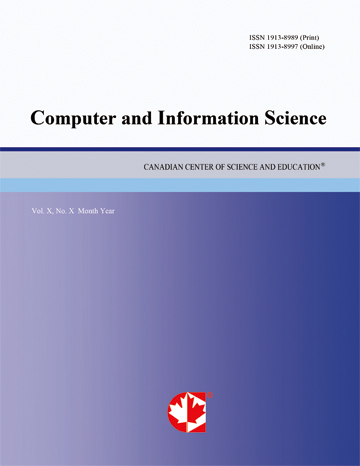Transforming Governance through Mobile Technology in Developing Nations: Case of Kenya
- Simon Karume
Abstract
Increasing penetration of mobile broadband as opposed to fixed broadband in developing nations like Kenya has spurred an extra ordinary uptake of mobile phones in these countries. This has presented a mobile opportunity to public institutions to devise innovative ways of providing access to public information and delivering services. This paper seeks to demonstrate the role played by mobile broadband technology transform governance by providing access to public information and services. A desk methodology was used to gather secondary data related to adoption of mobile phones as a tool for delivering government services in Kenya. Findings indicate that increasing penetration of broadband technology resulted to increased number of government services offered via mobile phones.- Full Text:
 PDF
PDF
- DOI:10.5539/cis.v9n4p13
Journal Metrics
WJCI (2022): 0.636
Impact Factor 2022 (by WJCI): 0.419
h-index (January 2024): 43
i10-index (January 2024): 193
h5-index (January 2024): N/A
h5-median(January 2024): N/A
( The data was calculated based on Google Scholar Citations. Click Here to Learn More. )
Index
- BASE (Bielefeld Academic Search Engine)
- CNKI Scholar
- CrossRef
- DBLP (2008-2019)
- EuroPub Database
- Excellence in Research for Australia (ERA)
- Genamics JournalSeek
- GETIT@YALE (Yale University Library)
- Google Scholar
- Harvard Library
- Infotrieve
- Mendeley
- Open policy finder
- ResearchGate
- Scilit
- The Keepers Registry
- UCR Library
- WJCI Report
- WorldCat
Contact
- Chris LeeEditorial Assistant
- cis@ccsenet.org
